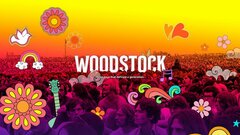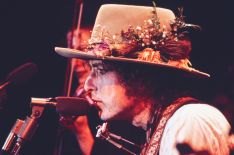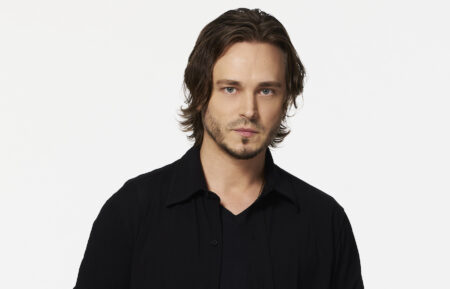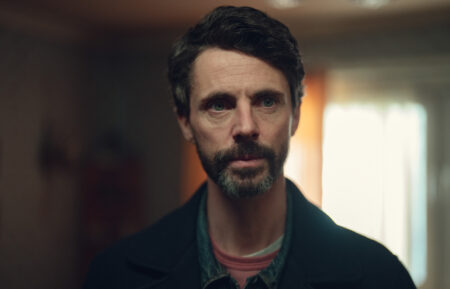‘Three Days That Defined a Generation’ Looks at Woodstock’s Massive Audience
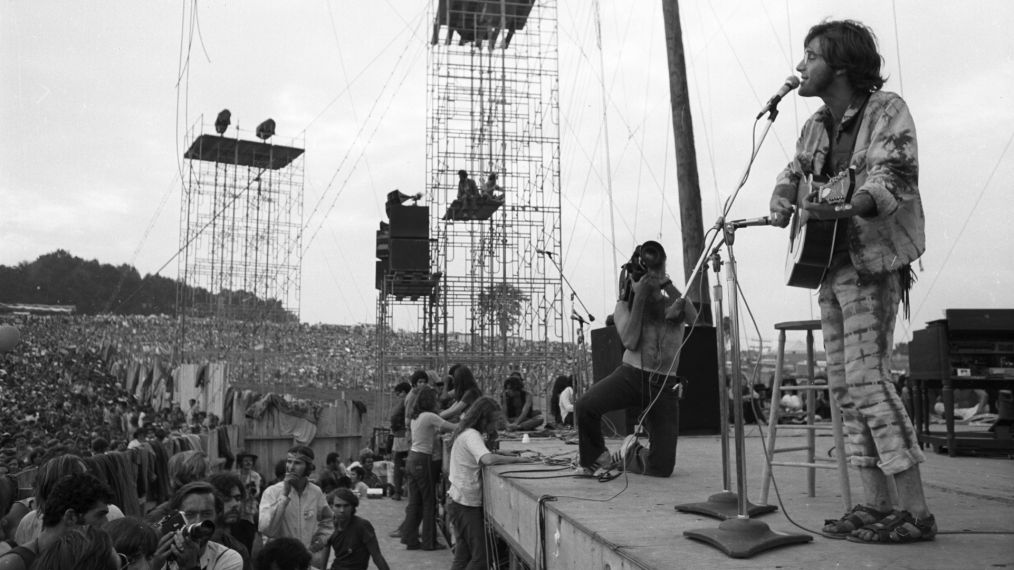
The music was only half of the story. If you just know Woodstock from the iconic album and 1970 film, you owe it to yourself to see director Barak Goodman’s terrific and ultimately uplifting American Experience documentary, Woodstock: Three Days That Defined a Generation.
It flips the focus from the rock and folk stars onstage to the sea of more than 400,000 counterculture pilgrims who trekked to Max Yasgur’s New York farm in August 1969 for a weekend billed as “3 Days of Peace & Music.” Which, despite traffic jams and food shortages, sanitation nightmares and stormy weather, is exactly what came to pass.
Told largely through vivid first-person accounts from those in the muddy but jubilant throng, Woodstock captures the mood of disillusioned youth rocked by assassinations of their heroes (MLK, RFK) and stirred by animus toward the Vietnam War. “The only thing that we took solace in was music,” remembers one attendee.
“Freedom” wasn’t just an improvised instant classic by Richie Havens — it was the festival’s unifying theme. Chaotic but euphoric, with prevalent and playful nudity, “it was just plain fun,” a reveler recalls.
As a symbol of community, a fleeting moment of harmony in a discordant time, Woodstock is music to our ears even 50 years later.
Woodstock: Three Days That Defined a Generation, Documentary Premiere, Tuesday, August 6, 9/8c, PBS (check local listings at pbs.org)
